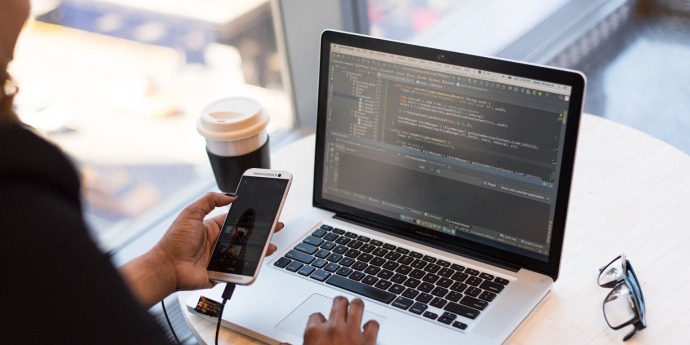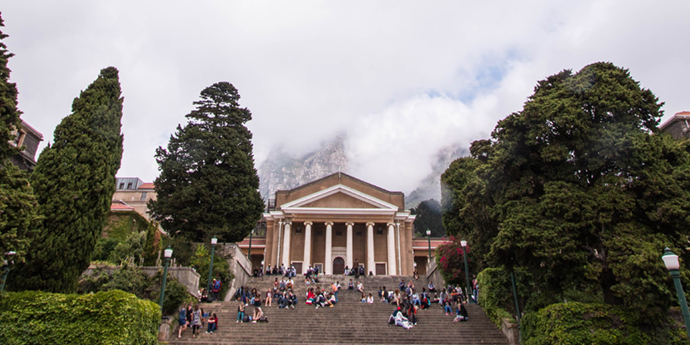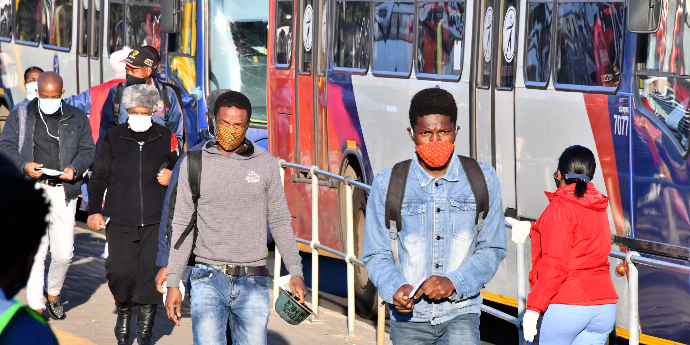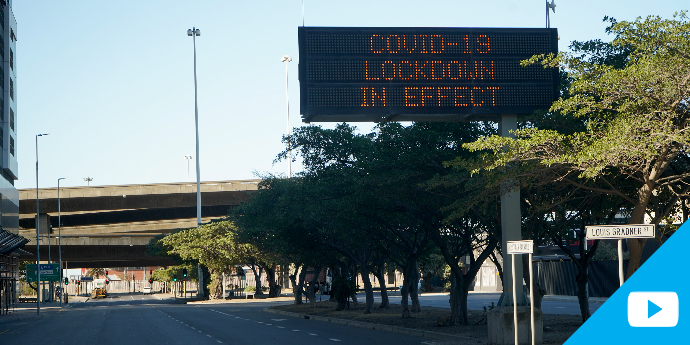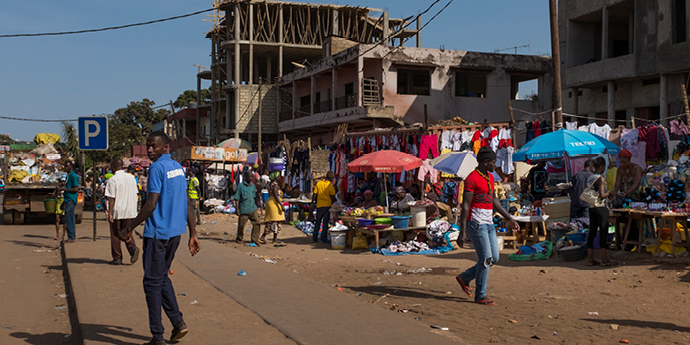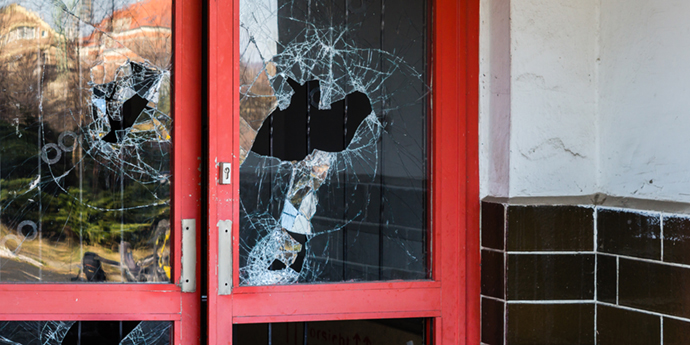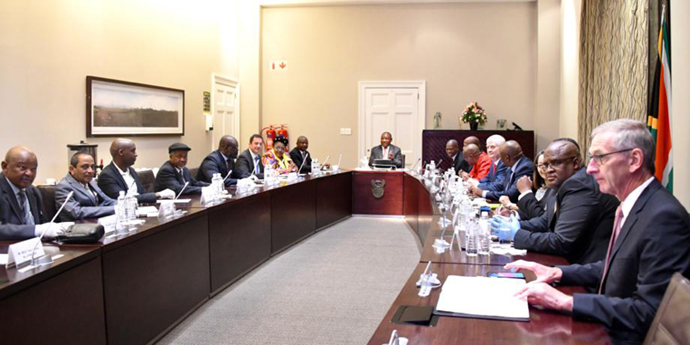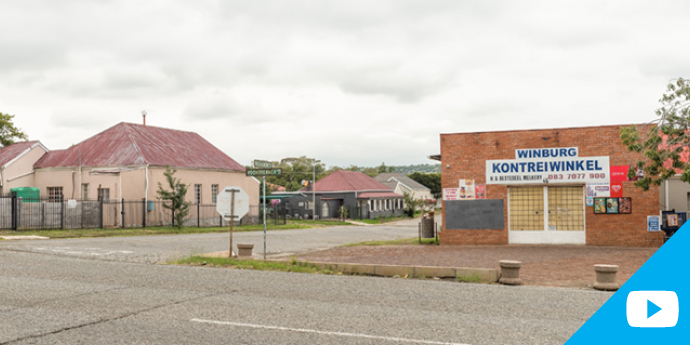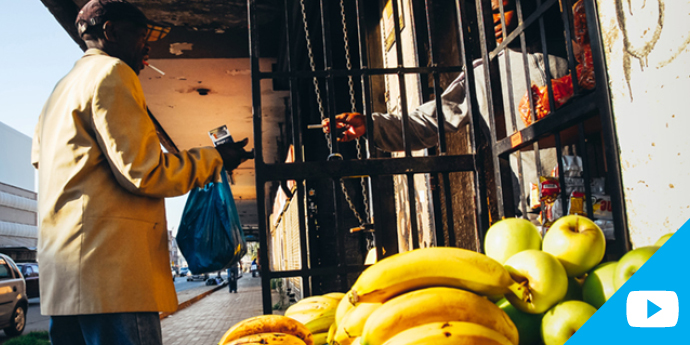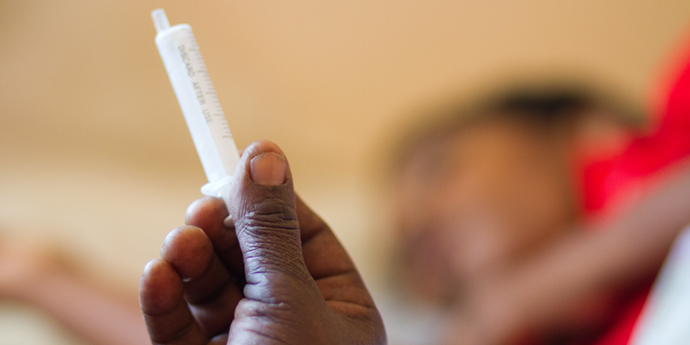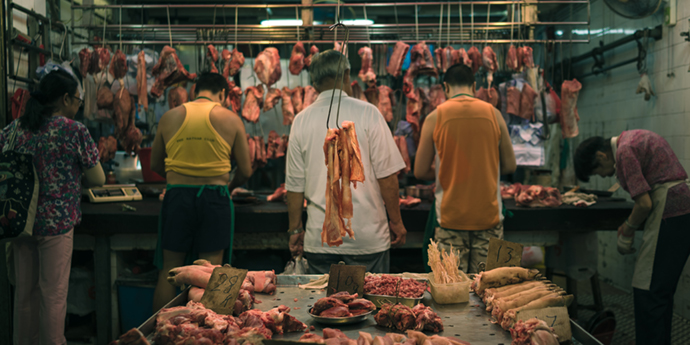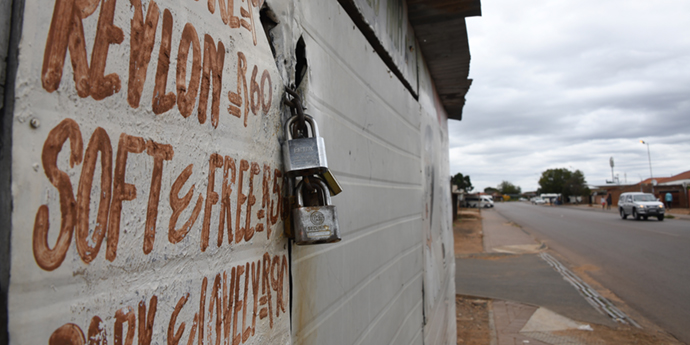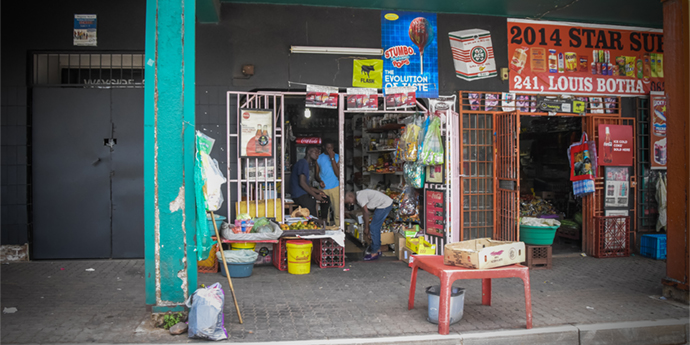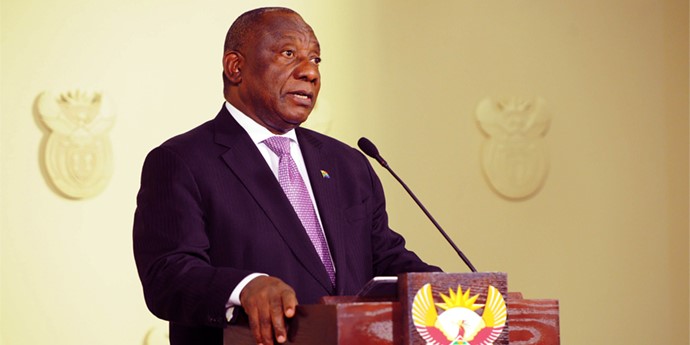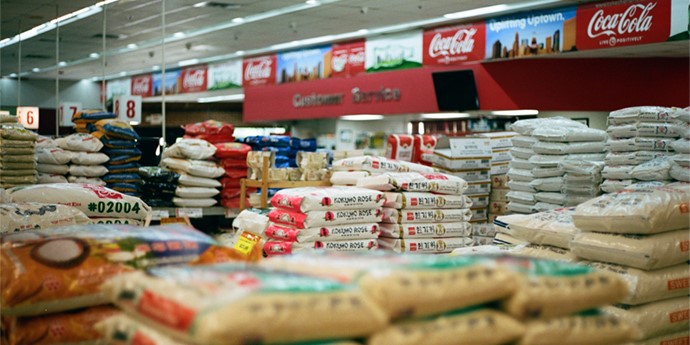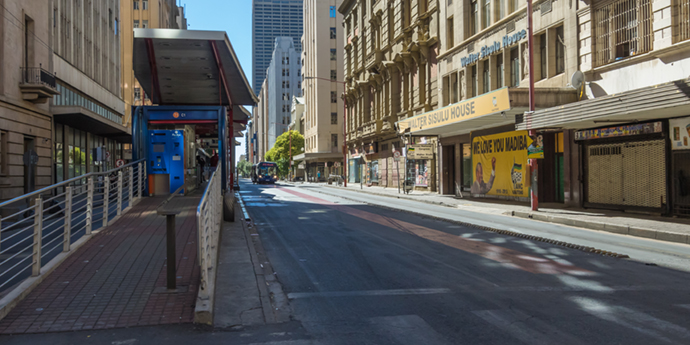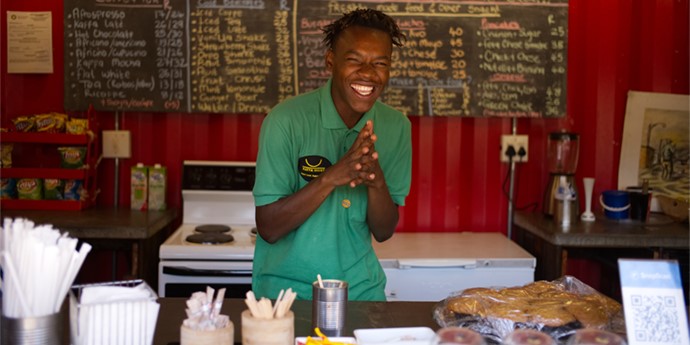SA lags behind the working-from-home curve, but the combination of coronavirus and loadshedding may be changing that. Fortunately, studies show it can improve productivity and protect the bottom line.
Between 2005 and 2019, the number of people working remotely across the world grew by a staggering 173 percent. Working from home is no longer reserved for certain industries and professions — it’s becoming the number one workplace benefit people are looking for in a job.
South Africa is lagging about four or five years behind the curve but signs are pointing to a big spike in remote working over the next two years. A recent survey by executive recruiter Jack Hammer revealed that remote working and flexitime are increasingly being implemented by South African companies as a means of enhancing employee engagement, wellness and productivity.
Research from the Centre for Disruptive Technologies backs this up. We’re starting to see a major uptake in the number of financial services firms offering it; businesses and functions that have been traditionally office-based.
Factors driving remote working globally
At its most simple level, remote working means a job that’s done outside of the office. For some, this means working from home one or two days a week; for others it’s embedded into the very nature of their job description.
To understand what’s happening locally, we need to look at what’s driving the exponential growth in remote working globally — and it’s more than just technology.
Globalisation has made the world smaller and more accessible. It’s cheaper to travel and businesses are moving beyond their regional plays. But as globalisation increases, we can also expect to see increased pressure on people to work away from the office.
Fears about climate change and concerns about the spread of global pandemics like the coronavirus are going to see more of us questioning the need for business travel. Why travel by air when we can move data, not molecules? People will be asking why they need to travel into the office when they can do the same job from the comfort and safety of their own homes.
Companies, meanwhile, are reaping the benefits of happier, more productive employees and lower overhead costs. Research from Stanford University shows that people are 13 percent more effective when working remotely. They take off fewer days and are less likely to take sick leave. They are also less likely to leave their company. There’s a clear bottom line impact.
But there are other factors at play too. Our very notion of work is changing — and not just from a geospatial perspective. Millennials, in particular, are looking beyond traditional factors like pay and seeking out work that has greater meaning. They are more concerned about work-life balance. A two-hour commute or sitting in traffic is time wasted (not to mention, bad for the environment).
For a young country like South Africa these are important considerations. We have a growing population and we’re one of the most rapidly urbanising places on the planet. Look at a horizontal city like Johannesburg, with its sprawling footprint, or Cape Town with its gridlocked roads, and it’s easy to see how asking people to travel further and longer to get to work will no longer make sense.
Culture and mindset may explain our slow uptake
So why is South Africa lagging behind global trends, despite all these push and pull factors? The answer may have something to do with culture and mindset.
Remote working is not without downsides. At an organisational level, the challenges are linked with leadership and teams. People feel disconnected from their teams and believe they do not perform as well when they are not physically in the same space.
Executives report difficulty in leading effectively when teams and individuals are not physically present. These are two conundrums we’re going to have to figure out, because good leadership and agile teams are important aspects of future-ready organisations.
At the individual level, differences in personality types mean some people are simply better suited to remote working than others. Self-initiation and self-motivation are crucial traits, as are the means and ability to build systems that can support you to work effectively from home.
And then there’s the loneliness factor. South Africa is a country that embraces ubuntu. We like being together. The attributes that make South African culture unique — our laughter, our humanity, our solidarity — may help in part to explain why we’ve been slower to embrace remote working than our global counterparts.
Dark forces at play
However, all that might be about to change. There is a dark force at play and it may be the very thing that pushes South African businesses to take the leap and catch up with the rest of the world regarding remote working: Eskom.
With another 18 months to two years of continued rolling blackouts ahead of us, how many companies will be able to afford having their employees sitting in powerless offices, frustrated and unable to work productively? Flexible hours and remote working may be the best solutions to helping businesses survive amid the chaos.
The picture is complex. By all reports, South African businesses are more willing to embrace remote working. Those that remain reluctant may find themselves pushed that way by necessity. To harness the benefits in our local context, the winning formula may be to offer the option and opportunity to those who want it — and be careful not to judge or impede those who simply prefer coming into the office every day.
Sharron McPherson is Adjunct Senior Lecturer at the UCT Graduate School of Business, one of only three Triple-crown accredited business schools in Africa. She is also co-founder of the Centre for Disruptive Technologies.




